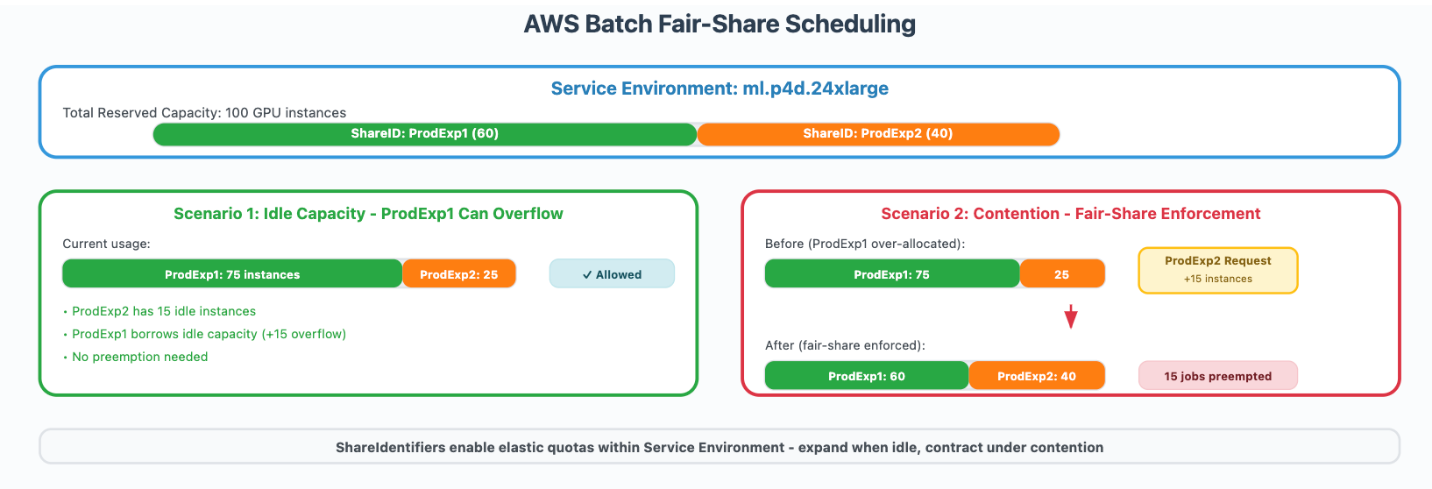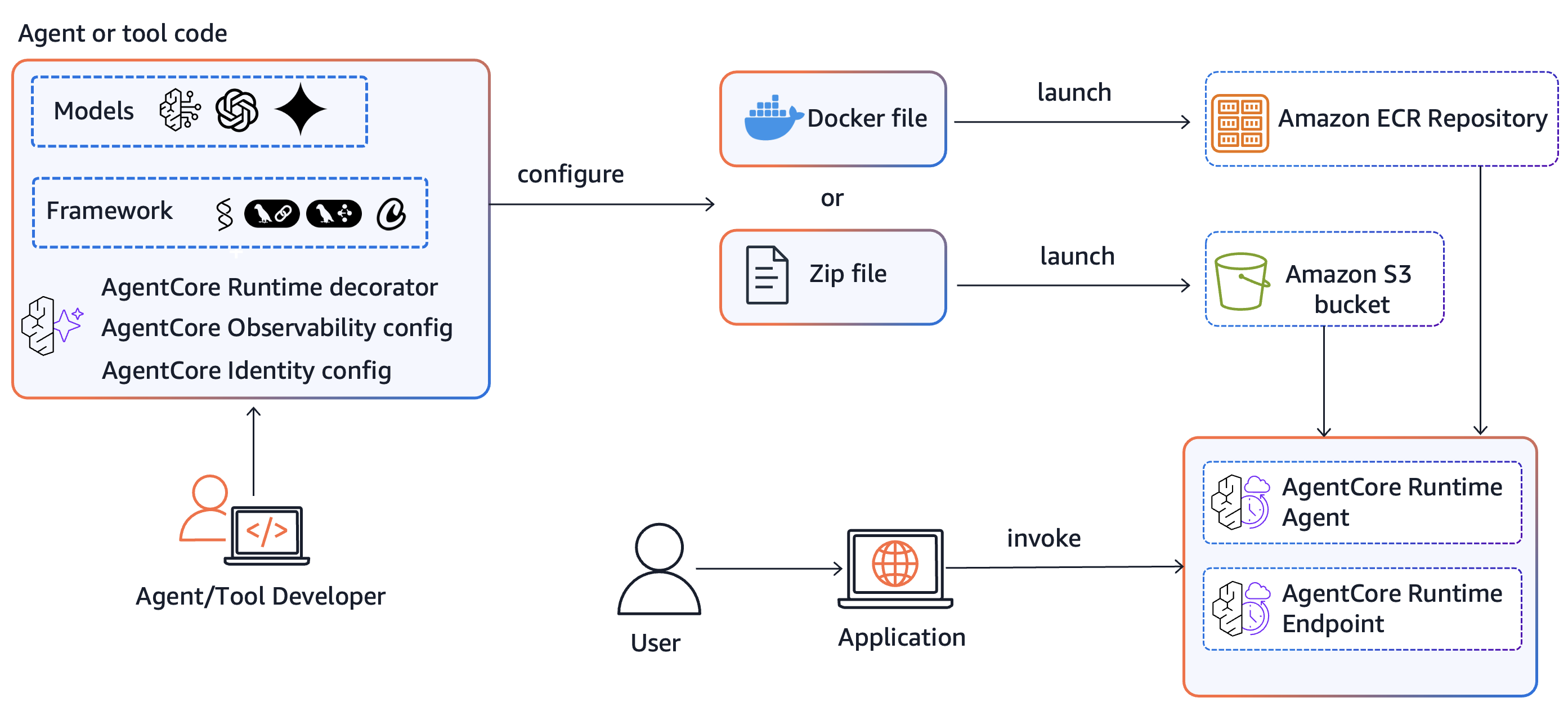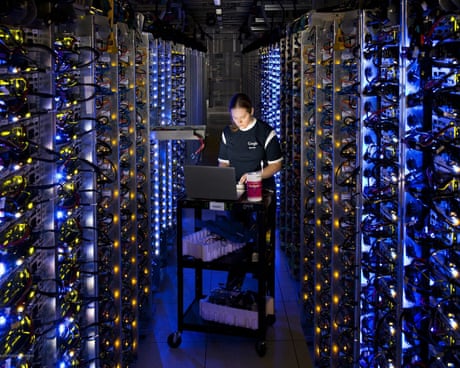Google search results displayed false information from an AI website about drivers risking a $250 fine for not keeping their headlights on at all times. The New South Wales transport department warns of misinformation about road rules due to the rise of AI, with false claims spreading online.
Amazon sues Perplexity AI for accessing customer accounts and disguising AI as human browsing in shopping feature. Amazon's lawyers demand an end to Perplexity's misconduct, emphasizing the unauthorized access and deceptive practices.
Amazon Search optimized GPU instance utilization by leveraging AWS Batch for SageMaker Training jobs, increasing peak GPU-accelerated instance utilization from 40% to over 80%. The managed solution allowed for advanced prioritization criteria, seamless integration, and increased efficiency in model development at Amazon Search.
London AI firm Stability AI, co-founded by James Cameron, wins landmark case against Getty Images over copyright infringement. The ruling is a blow to copyright owners using AI models with copyrighted data without permission.
AI companies hit financial milestones with a $5tn valuation and $100bn quarter, striking deals worth nearly $600bn. Google, Microsoft, and Tesla are among the 200 companies at the massive Tahoe-Reno Industrial Center, spanning tens of thousands of acres in Nevada's desert.
Amazon Bedrock AgentCore offers two deployment methods: container-based and direct code deployment (for Python), providing flexibility for developers. Direct code deployment simplifies the process by packaging code and dependencies into a zip archive, benefiting those who prefer not to deal with Docker expertise.
Google plans to launch AI datacenters into space by 2027, using solar-powered satellites to meet increasing demand for AI processing. Engineers aim to deploy about 80 satellites in orbit 400 miles above Earth, taking advantage of falling rocket launch costs.
OpenAI signs $38bn deal with Amazon to use AWS datacentres and Nvidia chips, part of $1.4tn AI infrastructure spending spree.
Experts from the British government’s AI Security Institute and top universities found weaknesses in over 440 tests for new AI models, questioning their validity. These flaws could potentially compromise the safety and effectiveness claims of the artificial intelligence being released.
Switchboard, MD uses real-time transcription for efficient healthcare contact centers, improving patient care and staff focus. Their AI platform reduces call queue times and abandonment rates, enhancing patient engagement and outcomes.
Top talent flocks to finance and tech, leaving traditional white-collar jobs behind. City quant firms offer lucrative salaries, overshadowing once prestigious professions.
Study from Oregon State University estimates 3,500 animal species at risk of extinction. MIT researchers develop AI algorithms to monitor and protect vulnerable wildlife populations.
The fifth edition of Photo Oxford showcases DIY and uncommercial photography, including Michael Christopher Brown's AI-generated art. Brown's exhibition, 90 Miles, captures the perilous journey of Cubans fleeing to Florida on DIY boats with hauntingly surreal images.
MIT Teaching Systems Lab's guidebook "A Guide to AI in Schools: Perspectives for the Perplexed" aims to support K-12 educators in navigating the challenges of integrating AI technology into lessons. The project includes insights from over 100 students and teachers, advocating for humility and sparking discussion on the impact of AI on education.
MIT researchers developed FSNet, a tool that solves power grid puzzles faster than traditional methods while ensuring system constraints are met. FSNet combines machine learning and optimization to find better solutions for complex problems, offering value across various applications.















